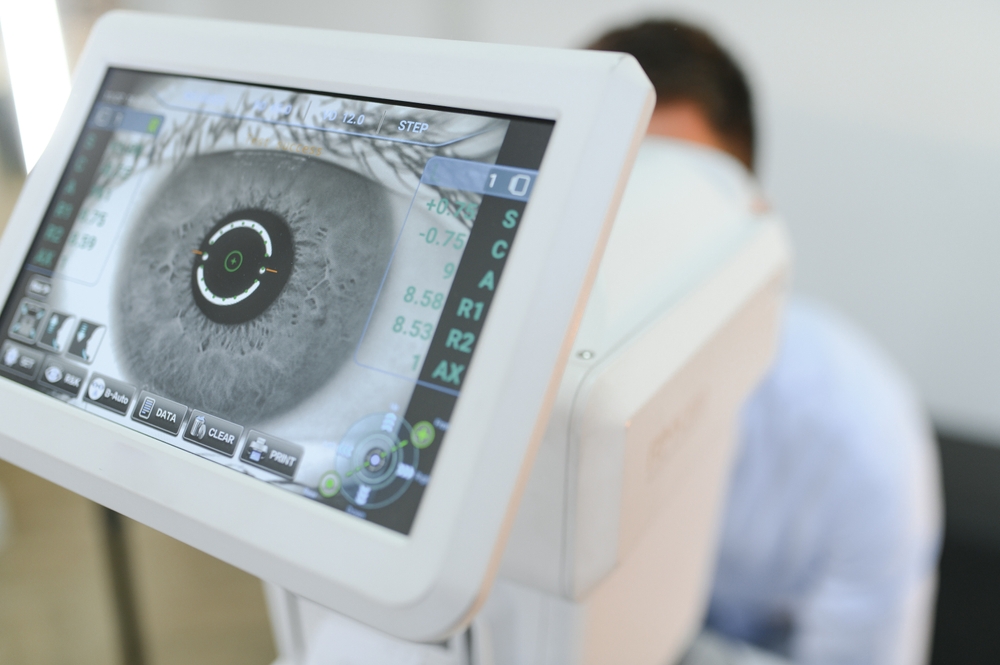
Common Eye Diseases: Warning Signs, Symptoms, and Treatment Options
Eyes are one of the most delicate and important organs in the body, yet they can be affected by a range of diseases that may compromise your vision and quality of life. Understanding the common eye diseases, their warning signs, symptoms, and available treatment options can help you take proactive steps to protect your eyesight.
What is Age-Related Macular Degeneration (AMD)?
Age-Related Macular Degeneration (AMD) is a leading cause of vision loss in older adults. This progressive condition affects the macula, the central part of the retina responsible for sharp, detailed vision. As you age, the macula can deteriorate, leading to blurred or distorted central vision. There are two main types of AMD:
• Dry AMD: This form develops gradually, with the macula slowly deteriorating over time. Symptoms include difficulty reading, trouble adapting to low light, and distorted or blurred central vision.
• Wet AMD: This more severe form is characterized by the growth of abnormal blood vessels under the macula, which can leak fluid and cause rapid vision loss. Symptoms include sudden and significant vision changes, such as distorted or blurry central vision.
While the exact causes of AMD are not fully understood, risk factors include age, genetics, smoking, and exposure to ultraviolet light. To manage AMD, your optometrist may recommend lifestyle changes, such as quitting smoking, eating a healthy diet, and wearing sunglasses. In some cases, they may also prescribe medications or recommend specialized treatments like anti-VEGF injections or laser therapy.
Understanding the Silent Thief of Sight and Its Symptoms and Treatment
Glaucoma is often referred to as the "silent thief of sight" because it can gradually damage your optic nerve without any noticeable symptoms in the early stages. This damage is usually caused by increased pressure within the eye, which can lead to permanent vision loss if left untreated. Symptoms of glaucoma may include:
· Blurred vision
· Difficulty adjusting to low light
· Halos around lights
· Tunnel vision (in advanced stages)
To manage glaucoma, your optometrist may prescribe eye drops, oral medications, or recommend surgical procedures, such as laser therapy or drainage implants, to lower eye pressure and prevent further vision loss.
Signs, Symptoms, and Management of Diabetic Retinopathy
Diabetic retinopathy is a complication of diabetes that affects the blood vessels in the retina. Over time, high blood sugar levels can damage these blood vessels, leading to vision problems and, if left untreated, blindness. Symptoms of diabetic retinopathy may include:
· Blurred or fluctuating vision
· Difficulty seeing at night
· Floaters or dark spots in your vision
· Sudden vision loss
If you have diabetes, it's crucial to have regular eye exams to detect and manage diabetic retinopathy early. Your optometrist may recommend treatments such as laser therapy, medication, or surgery to prevent vision loss and maintain your eye health.
Cataracts: Causes, Symptoms, and Available Treatment Options
Cataracts are a common eye condition that occur when the lens of the eye becomes clouded or opaque, leading to gradual vision loss. This condition is typically associated with aging, but it can also develop due to other factors, such as eye injuries, certain medical conditions, or prolonged exposure to ultraviolet light. Symptoms of cataracts may include:
· Blurred or cloudy vision
· Increased sensitivity to glare and light
· Difficulty seeing at night or in low light
· Double vision or multiple images in one eye
· Frequent changes in eyeglass or contact lens prescription
In the early stages of cataracts, you may be able to manage the condition with brighter lighting, anti-glare sunglasses, or updated eyeglass prescriptions. However, as the cataracts progress, surgical treatment may become necessary. Cataract surgery involves removing the clouded lens and replacing it with a clear, artificial lens, which can significantly improve your vision.
The Importance of Regular Eye Exams in Early Detection and Management of Eye Diseases
Regular eye exams are crucial for the early detection and effective management of various eye diseases. During these examinations, your optometrist can identify potential issues, monitor any changes in your vision, and recommend appropriate treatment or preventive measures.
Early detection is key, as many eye diseases, such as glaucoma and diabetic retinopathy, can progress silently without obvious symptoms in the initial stages. By catching these conditions early, you can take proactive steps to preserve your vision and prevent further deterioration.
Additionally, regular eye exams can help you maintain healthy eyes by identifying and addressing any refractive errors, such as nearsightedness, farsightedness, or astigmatism. Proper vision correction can significantly improve your quality of life and reduce the risk of eye strain, headaches, and other vision-related issues.
Schedule Your Comprehensive Eye Exam with Generations Family Eyecare Today
Your eyes are precious, and maintaining their health should be a top priority. By understanding the warning signs, symptoms, and treatment options for common eye diseases, you can take proactive steps to preserve your vision and prevent vision loss. Regular eye exams are the cornerstone of effective eye care, as they allow for early detection and management of various eye conditions.
At Generations Family Eyecare, Dr. Poly De La Garza is committed to working with you to identify and manage any eye disease, ensuring you can enjoy the world around you to the fullest. Visit office in Houston, Texas, or call (281) 925-7576 to schedule your eye exam today.







